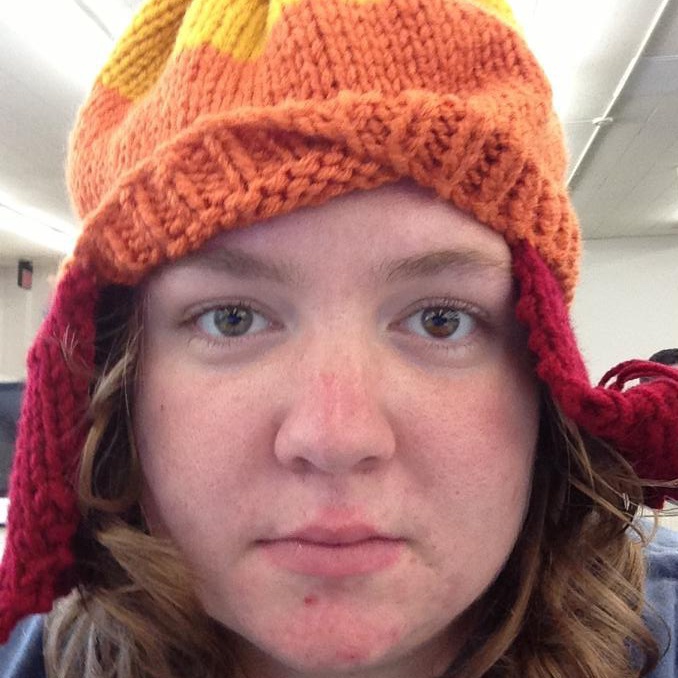The four positive outcomes of sadness
March 31, 2014
I know, I know, the title of this headline sounds insane, and yes I’m sure that there are more positive outcomes. But from experience, I can tell you that there are definitely some positive outcomes from the negativity of sadness. In my case, sadness has, at times, become almost like a friend, or a jacket that I wear tightly at first, and gradually the tightness loosens, until it is warm and fuzzy in my heart again and I can finally remove that garment of grief.
So here are some of the positive effects I have noticed that have stemmed from my very own sadness:
1: Sadness has allowed me to connect with myself and understand myself at a deeper level. Much of what I feel is repeated day-to-day, and I become sort of a zombie unto myself so much that I don’t analyze myself. Onsets of sadness has allowed me to better understand how I react to specific events and why I react this way to these specific events.
2: Sadness has allowed me to become more creative. Even in high school I remember feeling deep and utter sadness, and a type of poetry would fall from my mouth, even when I was walking around my neighborhood babbling about my grief. It seems as if sadness is able to reach into those parts of my brain that are otherwise turned off and extract just the right words. Of course most of the time I don’t pen this type of thing, and if I have, it’s been years ago and lost. But being able to articulate my grief in a poetic way is one benefit I’ve discovered from deep, destructive sadness.
3: Sadness has allowed me to become closer to people. When I am in the deep throes of an existential crisis, and when I feel like the hole in my heart is deeper than can be fixed, I go to those around me, even those I don’t speak to as much on a regular basis. Last night I was able to connect on a deep level with one of my roommates, and she helped to fill the chasm in my chest just a little bit more so that I could begin the process of healing. When my grandmother was diagnosed with stage four ovarian cancer, I was able to connect with my relatives in a way I never had before. My aunt and I were close before then, but somehow my grandmother’s death, just two months after her diagnosis, brought us even closer thanks to the grief we both shared.
When heartbreak occurs, I need only turn to any of my friends who surround me, because they’ve all experienced the same thing. This is something I tend to forget. When I’m deep within my sorrow, when screaming and hyperventilating into my pillow seems to be the only way to release my angst, it’s easy to forget that I’m not the only person to experience, these feelings, and I definitely won’t be the last. These people I turn to are able to provide a surprising amount of insight that I otherwise would’ve overlooked, and when words fail they let me sob against their shoulder, and sometimes that’s the cure.
4: My sadness has allowed me to become stronger, both physically and mentally. Physically, my grief consumes me so much at times that the only way to set it free is to exercise it out. I always read articles that outline the benefit of exercise (the release of endorphins, for example), and they’re all true. Even though I may not be rid of my grief, after exercising at the gym it’s difficult to deny that some part of me feels better. Plus it doesn’t hurt to burn off calories, too.
And lastly, grief has definitely made me stronger mentally and emotionally. I’m what I would call a masochist, in that when something makes me sad, I choose to explore all the aspects of what makes me sad. I research it, I become familiar with it, I study it and I understand it. I know it exists, and I know why it has caused me so much pain.
I realized recently that I would rather know the facts of what causes me to grieve and find a way to grieve properly before become stronger, as opposed to being blissfully unaware. Of course, ignorance is bliss, but when I’ve turned something over and over in my mind, when I’ve let my tears soak my shirt and the shirts around me, and when I’ve figured out how to compartmentalize my grief in my mind, I feel all the better for it. Grief has been a learning experience for me, and I would rather know what I know now than trade my knowledge for even one hour of blissful ignorance.






















